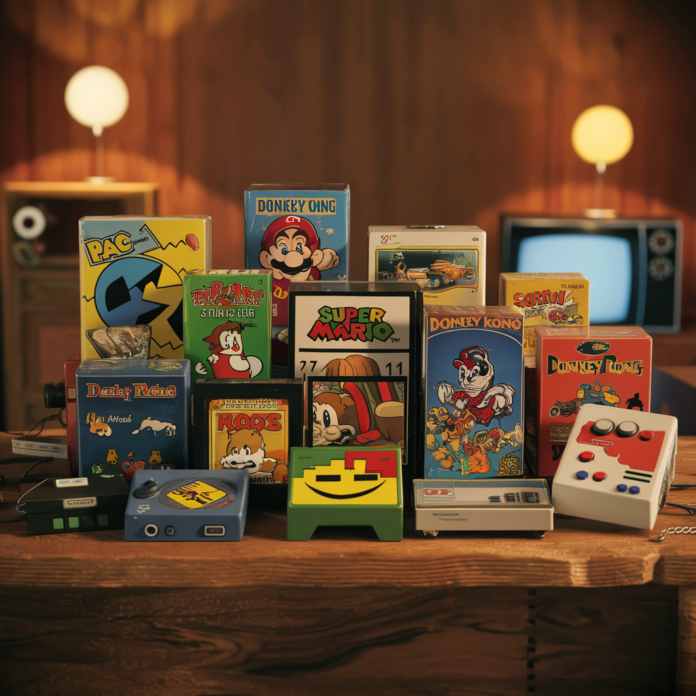Introduction
In an era where digital media evolves rapidly, countless video games risk fading into obscurity. TheGameArchives.com stands as a dedicated hub for preserving, documenting, and celebrating the vast history of gaming—from iconic AAA titles to obscure indie gems. This platform serves as a digital museum, offering in-depth retrospectives, rare developer insights, and a comprehensive database of games across all generations. Whether you’re a retro enthusiast, a game historian, or a curious newcomer, TheGameArchives.com is your gateway to understanding how video games have shaped culture, technology, and entertainment.
Suggested Headings & Explanations
1. The Importance of Game Preservation
Video games are more than just entertainment; they are cultural artifacts that reflect technological advancements, artistic expression, and societal trends. However, many games—especially those tied to defunct hardware or outdated software—are at risk of being lost forever. This section explores the challenges of game preservation, from legal hurdles (copyright issues, licensing) to technical obstacles (server shutdowns, disc rot). It also highlights the efforts of archivists, emulation communities, and organizations like the Video Game History Foundation in safeguarding gaming’s legacy for future generations.
2. Hidden Gems: Forgotten Games That Deserve a Revival
Beyond the well-known classics, countless underappreciated titles have influenced modern game design but remain overlooked. This segment shines a light on cult favorites, experimental indie projects, and commercial failures that were ahead of their time. Examples include Okami’s stunning brushstroke art style, Psychonauts’ quirky storytelling, and Alpha Protocol’s ambitious choice-driven espionage mechanics. By revisiting these games, we not only honor their creativity but also inspire developers to take bold risks in future projects.
3. The Evolution of Game Design: How Mechanics Have Changed Over Decades
From simple 8-bit platformers to sprawling open-world RPGs, game design has undergone radical transformations. This section analyzes key shifts in gameplay mechanics, such as the transition from linear levels to non-linear exploration (Super Mario 64 vs. Dark Souls), the rise of procedural generation (Spelunky, No Man’s Sky), and the impact of player choice in narrative-driven games (Mass Effect, Disco Elysium). By examining these changes, we gain insight into what makes certain games timeless while others feel dated.
4. The Role of Modding and Fan Communities in Keeping Games Alive
Many games have endured for decades not just because of their original content, but thanks to passionate modders and fan communities. This part explores how player-created content—from Half-Life’s Counter-Strike mod to Skyrim’s endless modding scene—has extended the lifespan of beloved titles. It also discusses fan remakes (Black Mesa), unofficial patches (Knights of the Old Republic II Restored Content Mod), and how developers increasingly embrace mod support to sustain their games long after launch.
5. The Future of Game Archives: Digital Ownership and Beyond
As gaming shifts toward digital storefronts and subscription services, questions arise about long-term accessibility. What happens when a game is delisted? Can cloud-based games truly be preserved? This section examines the challenges of digital preservation in an age of live-service titles, DRM restrictions, and ephemeral online experiences. It also considers potential solutions, such as legal emulation, open-source initiatives, and the push for stronger digital ownership rights.
Conclusion
TheGameArchives.com is more than just a collection of games—it’s a testament to the creativity, innovation, and passion that define the medium. By documenting gaming history, we ensure that future generations can experience the titles that shaped our culture, learn from their design philosophies, and appreciate the artistry behind them. Whether through preservation efforts, community contributions, or thoughtful analysis, this platform serves as a bridge between gaming’s past and its ever-evolving future. Dive in, explore, and help us keep the legacy alive.



